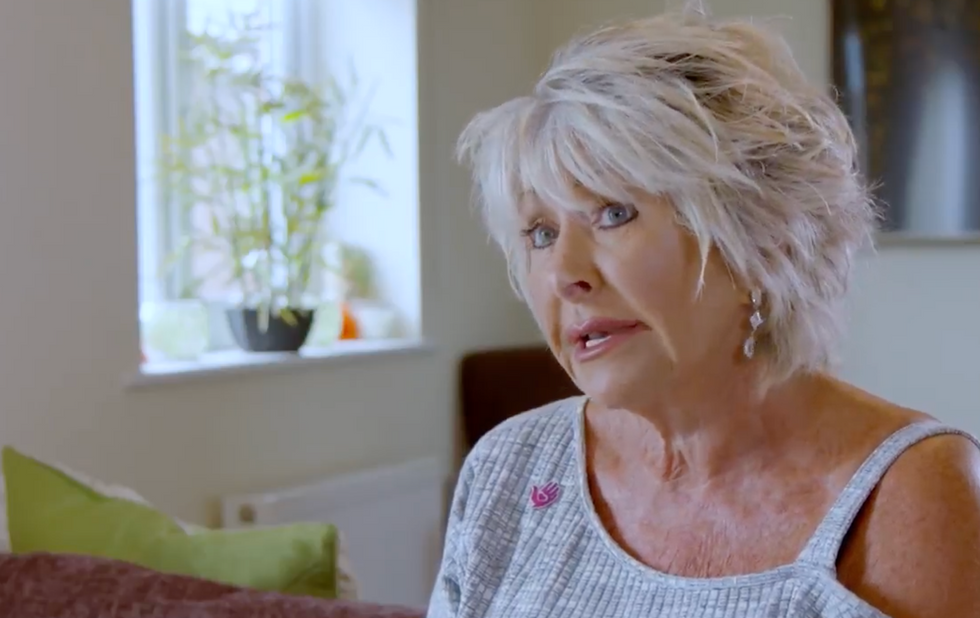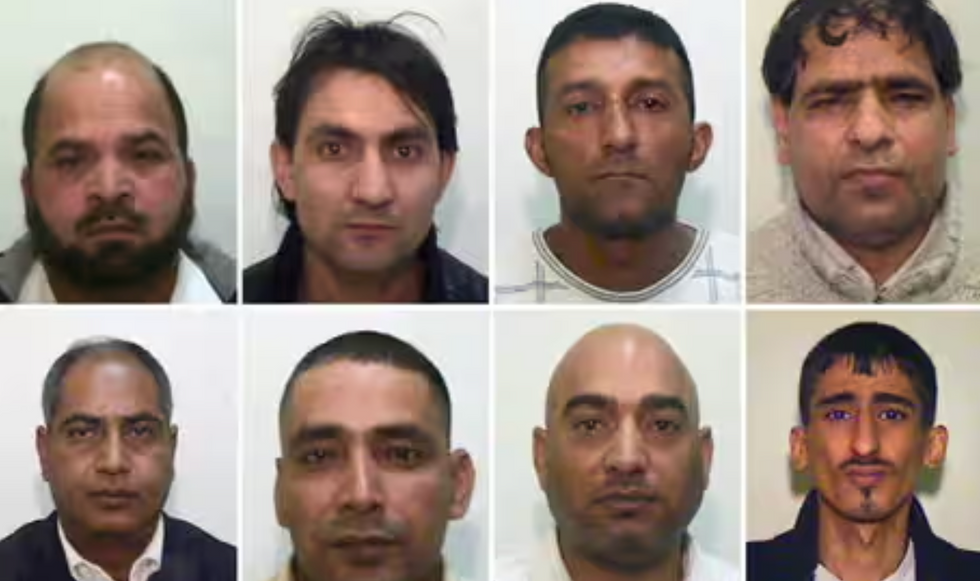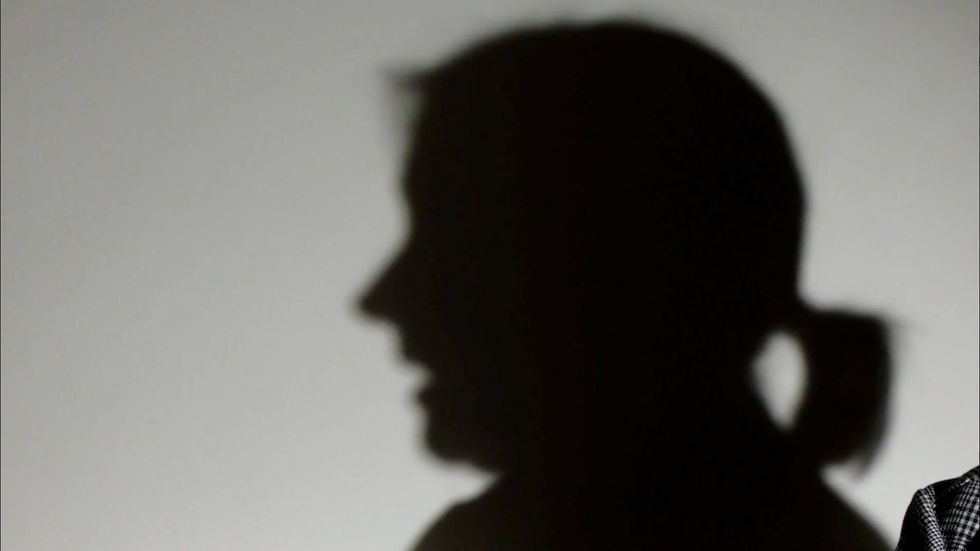Charlie Peters
Guest Reporter
The Independent Inquiry into Child Sex Abuse has been blasted as a “cover up” by Maggie Oliver, the Rochdale whistleblower.
The former detective constable, who resigned from Greater Manchester Police over the way they treated vulnerable rape gang victims in Rochdale, told GB News that the inquiry chose to prioritise the voices of officials over survivors.
Several official reports have found that public servants in towns like Rotherham and Telford were implicated in the failure to stop the rape gangs, either through covering-up the abuse or neglecting the issue.
Oliver, who has since set up The Maggie Oliver Foundation, which has supported over 1,000 victims of abuse, said that she had numerous victims who wanted to contribute to the inquiry.

Despite that, the £100million inquiry only heard from two victims, even as a stream of police and council officials were invited to speak.
Oliver has also criticised the inquiry for cutting out the majority of the statement she sent to it.
She told GB News that she still does not know why it was cut down so heavily.
She added: “But the fact it was cut from 50 pages prepared by lawyers to 18 is significant.”
LATEST DEVELOPMENTS:

Oliver continued: “Is that the same reason only one victim had a tiny window to speak? [They] silence anyone who may disturb the apple cart.”
A spokesperson for the inquiry said at the time that Oliver first raised concerns that they had published all the relevant parts of her statement.
It added that victims and survivors were “at the heart of this investigation.”
Although the inquiry included 15 in-depth investigations covering subjects as varied as the Catholic Church and abuse by the politician Cyril Smith, the rape gangs were not given their own investigation.
Instead, it was folded into sub-section of a wider investigation into organised child abuse networks.

That investigation chose to look at towns where there had not been significant reports of rape gangs.
IICSA assessed Warwickshire and St Helen’s, but it did not assess any of the northern and towns where this abuse had been prolifically documented in recent decades.
The inquiry said at the time that these areas “represent a range of sizes, demographics and institutional practices”, but none of the locations had witnessed a major prosecution Pakistani-heritage rape gangs.
Critics have said this was a mistake as it meant the inquiry failed to appreciate the scale of the abuse.
The inquiry also failed to come to a conclusion on the tricky issue of ethnicity. Reports have found an over-representation of Pakistani-heritage abusers in Rotherham and Telford.
GB News has found evidence of rape gangs in over 50 towns in Britain, with many of them Pakistani-heritage.
Although reports have criticised the failure to collect accurate data on ethnicity, the inquiry found that the quality of data was still poor and therefore could not come to a conclusion.
Find Out More...
The former detective constable, who resigned from Greater Manchester Police over the way they treated vulnerable rape gang victims in Rochdale, told GB News that the inquiry chose to prioritise the voices of officials over survivors.
Several official reports have found that public servants in towns like Rotherham and Telford were implicated in the failure to stop the rape gangs, either through covering-up the abuse or neglecting the issue.
Oliver, who has since set up The Maggie Oliver Foundation, which has supported over 1,000 victims of abuse, said that she had numerous victims who wanted to contribute to the inquiry.

Despite that, the £100million inquiry only heard from two victims, even as a stream of police and council officials were invited to speak.
Oliver has also criticised the inquiry for cutting out the majority of the statement she sent to it.
She told GB News that she still does not know why it was cut down so heavily.
She added: “But the fact it was cut from 50 pages prepared by lawyers to 18 is significant.”
LATEST DEVELOPMENTS:
- Oldham Council leader: Town has become 'target for the far-right' after grooming gangs exposure
- Pakistani Muslim former Labour MP backs inquiry into grooming gangs
- Rotherham grooming gang survivor: Many victims are ‘sad and angry’ at inquiry rejection

Oliver continued: “Is that the same reason only one victim had a tiny window to speak? [They] silence anyone who may disturb the apple cart.”
A spokesperson for the inquiry said at the time that Oliver first raised concerns that they had published all the relevant parts of her statement.
It added that victims and survivors were “at the heart of this investigation.”
Although the inquiry included 15 in-depth investigations covering subjects as varied as the Catholic Church and abuse by the politician Cyril Smith, the rape gangs were not given their own investigation.
Instead, it was folded into sub-section of a wider investigation into organised child abuse networks.

That investigation chose to look at towns where there had not been significant reports of rape gangs.
IICSA assessed Warwickshire and St Helen’s, but it did not assess any of the northern and towns where this abuse had been prolifically documented in recent decades.
The inquiry said at the time that these areas “represent a range of sizes, demographics and institutional practices”, but none of the locations had witnessed a major prosecution Pakistani-heritage rape gangs.
Critics have said this was a mistake as it meant the inquiry failed to appreciate the scale of the abuse.
The inquiry also failed to come to a conclusion on the tricky issue of ethnicity. Reports have found an over-representation of Pakistani-heritage abusers in Rotherham and Telford.
GB News has found evidence of rape gangs in over 50 towns in Britain, with many of them Pakistani-heritage.
Although reports have criticised the failure to collect accurate data on ethnicity, the inquiry found that the quality of data was still poor and therefore could not come to a conclusion.
Find Out More...
